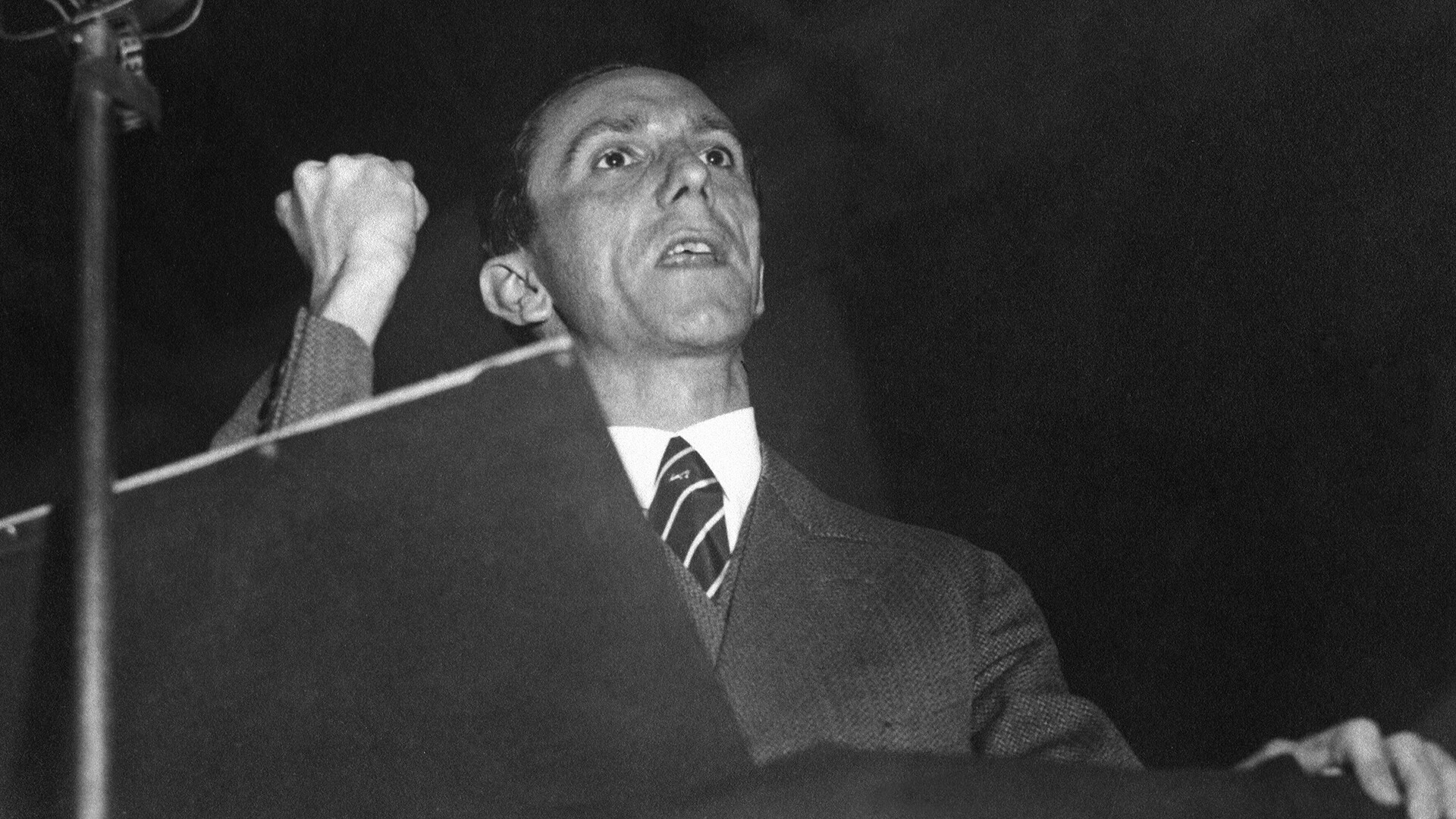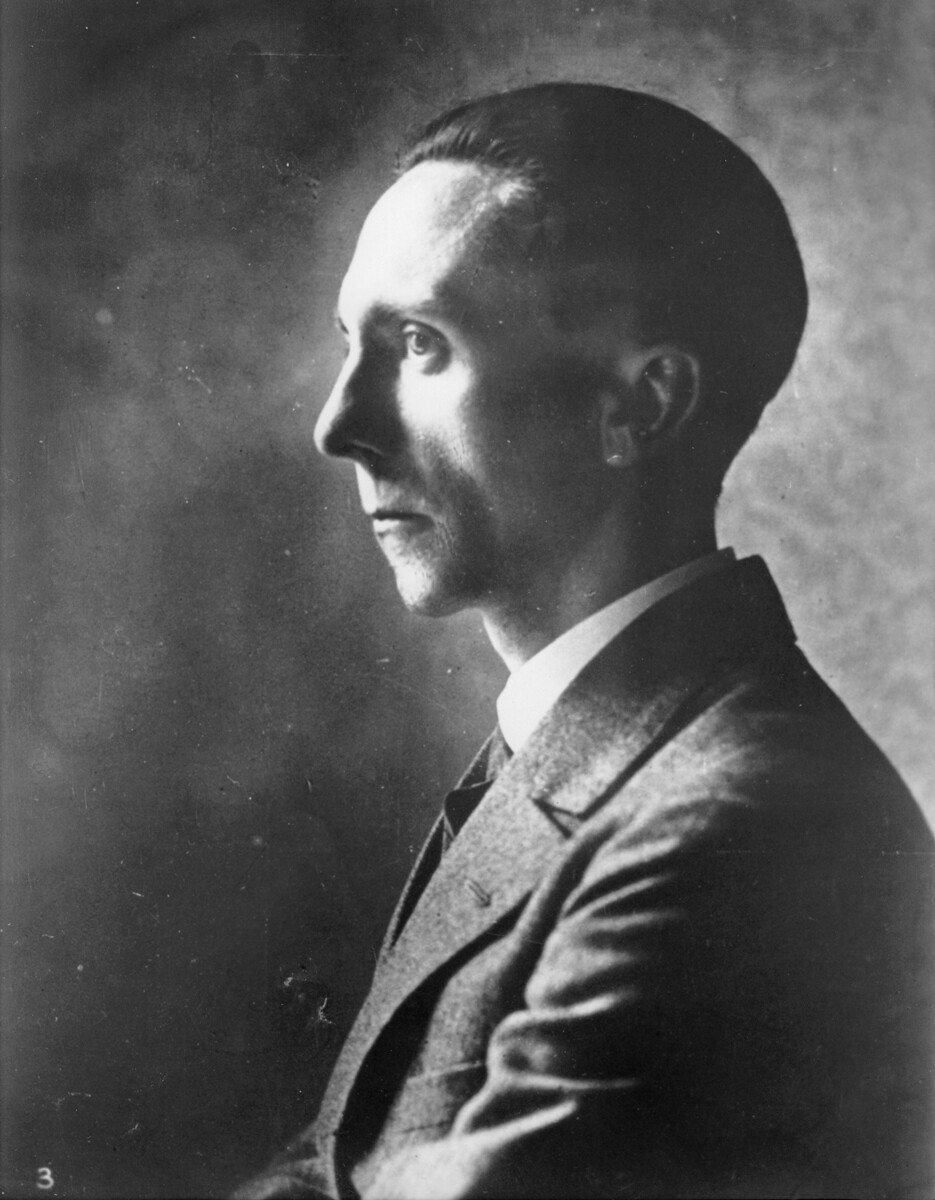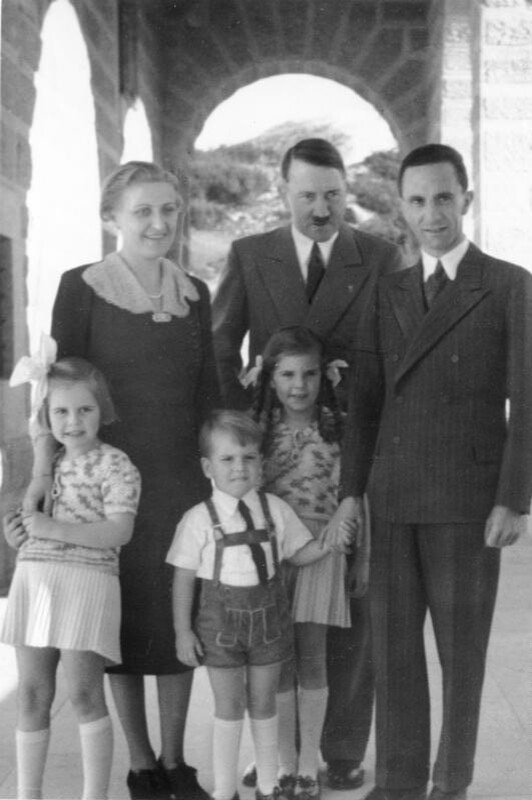Why Goebbels admired Russia in his youth

“Reading. Dostoyevsky – for the first time. Astounding. ‘Crime and Punishment’. Reading it at night.” That’s what Joseph Goebbels wrote in his diary at the beginning of 1919. It seems, his passion for Russia started then.
The works of Fyodor Dostoyevsky began to be actively published in Germany at the beginning of the 20th century. From 1920 to 1922, about 400,000 copies of his books were sold in the country.
In Winter 1919-1920, a young Goebbels read Leo Tolstoy’s novel ‘War and Peace’ and left a note: “I read diligently. Tolstoy, Dostoyevsky, the revolution within me.”
 Joseph Goebbels
Joseph Goebbels
The future minister of the Reich wanted to be an author himself: he wrote poems and plays. In 1929, he published a partially autobiographical novel titled ‘Michael. A German Destiny in Diary Form’. The novel became popular and was reprinted as many as 17 times. The book has this line: “The spirit of Dostoyevsky floats over the silent, dreaming country that has a new future at its doorstep. When Russia awakes, the world will witness a national miracle.”
Goebbels was convinced that “Europe is a complete spiritual problem”. And it has in it “old holy Russia”, a country he didn’t know and, yet, towards which he felt the deepest of respect.
In July 1924, Goebbels wrote in his diary that he “believes in Russia”; he called it “the holy country”. At the same time, he, for the first time, became interested in the activities of Adolf Hitler.
It seems that, at that moment, the figure of the future Reichskanzler didn’t excite Goebbels enough for him to stop praising Russia and stop believing that it has “the key to the European question”. He didn’t understand “how any hope can be put on England and America”.
Goebbels, like Pushkin, waited for Russia “to shake off its slumber”. “Russia, you are the hope of the dying world. When will this day come?” he exclaimed in the pages of his diary on July 15, 1924.
In Spring 1925, Goebbels joined the NSDAP (National Socialist German Workers’ Party). The topic of Russia disappeared from his diaries for a time. In the entry for October 21, 1925, Goebbels wrote, “I would like, at some point, to travel to Russia for several weeks for educational purposes.” But, he didn’t elaborate on these purposes.
 Goebbels with family visits Hitler in Obersalzberg, 1938
Goebbels with family visits Hitler in Obersalzberg, 1938
From 1925 onward, the admiration for the future Führer is clearly visible in his diary entries. Goebbels wrote on March 23: “Hitler is a great guy.”
In 1926, Hitler appointed him as Gauleiter of Berlin. In 1933, a 36-year-old Goebbels became the Reich Minister of Public Enlightenment and Propaganda of Germany.
With World War II looming, an idea emerged in Goebbels’ diaries that Russia is hell on Earth. There was no trace left from his past love.

